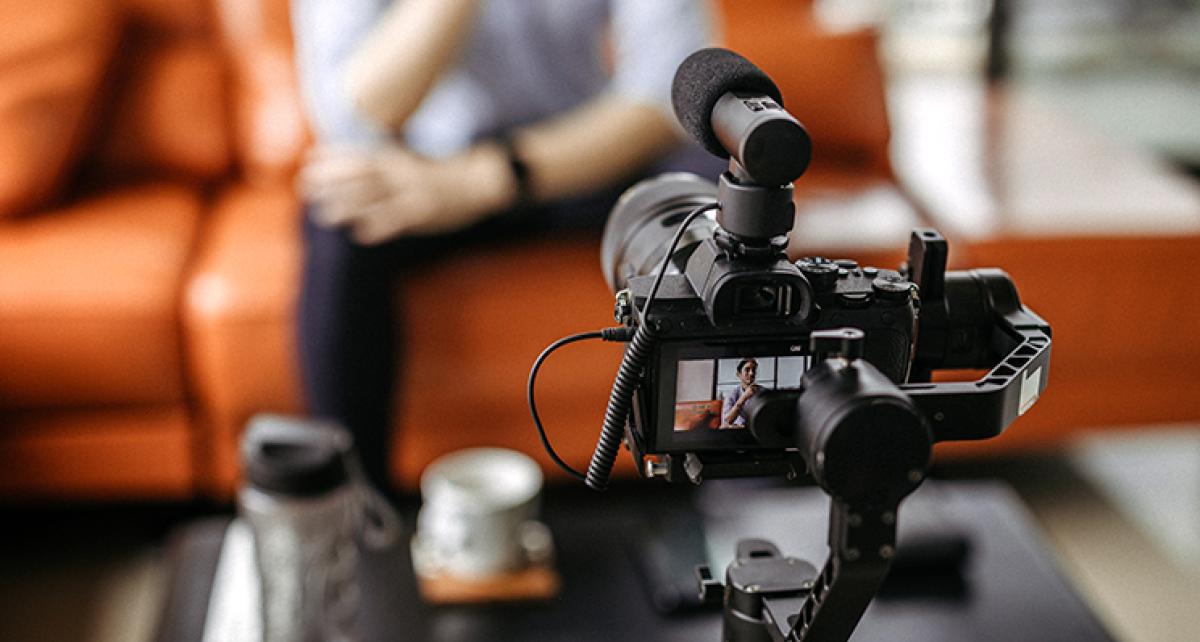
Litigation in the BVI: Virtual reality, a new reality?
In these proceedings, the Claimant brought a derivative action on behalf of a Liberian entity against two BVI companies as well as those who were alleged to control them. It is the first derivative claim brought on behalf of a Liberian company in the BVI Courts.
This article discusses some of the challenges and considerations faced by litigants in a full virtual trial and suggests some practical initiatives which could help make the process as smooth as possible whilst also reducing the risk of the trial being adjourned on the basis that the parties and the witnesses are unable to physically attend.
Although this particular virtual trial took place before a court, the issues highlighted below may be considered vis-à-vis hearings before tribunals (e.g., in arbitration hearings) as well. With the necessary technology and safeguards in place, is is anticipated that virtual trials and hearings are here to stay, especially in the context of offshore litigation where the substantive parties/protagonists are often located all around the world.
Emergency COVID-19 guidelines
In March 2020, the Eastern Caribbean Supreme Court issued Emergency Guidelines and Practice Directions to respond to the COVID-19 pandemic. Those measures required all hearings before the Commercial Court to be heard by telephone and/or video conference. Attendance in person was only allowed in exceptional circumstances with the express permission of the Judge.
The Kathryn Ma trial ran for 12 days, entirely through video-conferencing facilities, and involved the cross-examination of four factual witnesses and two experts.
Below are some of the issues which needed to be addressed by the parties to ensure that the trial was able to proceed, particularly given that at the time of the Pre-trial Review (in early May), there was a great deal of uncertainty as to how the lockdown measures would unfold in each of the jurisdictions where the parties, their counsel or the witnesses were based - namely, Australia, Malaysia, Hong Kong SAR, the United Kingdom, Singapore, the United States, Liberia and the BVI.
Use of appropriate technology
Although a number of video-conferencing platforms were considered by the parties, the Court ultimately settled on Zoom for the hosting of the virtual trial, not only because it allows a large number of participants to log in at any point in time, but also because the audio and video quality were very good - which is critical for the effective cross-examination of witnesses.
Flexibility with sitting times
Given that these proceedings involved witnesses and legal teams who were dispersed across 6 different time-zones (two of which were 12 hours apart), the parties and the Judge were required to be flexible with the Court's sitting times. For example, on some days, the BVI Court sat from 8am to 12pm in the morning to accommodate the giving of evidence by witnesses based in Asia. The Court then took a 4 hour recess and resumed sitting from 4pm to 8pm to facilitate the witness who resided in Australia.
Use of real-time transcription services
Live transcription services provide additional benefits in remote trials. This is because the ability to read back what has just been said can remedy any hearing difficulties which might have been caused by technological/connectivity issues. A real-time transcription service can be hosted on another software (it doesn't need to be done on the video-conferencing platform) which gives even more selection with the options.
Digital hearing bundles
In a virtual trial, it is extremely important that the parties agree on the format in which the bundles are prepared and referred to at trial. For example, whether the page numbers in the PDF bundles should correspond with the trial pagination marked on each page, whether the electronic bundles should be bookmarked etc. While bundling may appear to be administrative and mundane, the details of the process should be carefully considered as when it is done properly, it can save valuable time during cross-examination through a much faster recall of the documents shown to the witnesses.
Protocol for communications
Prior to the commencement of the hearing, parties should establish the protocol for engaging with the Judge and within a party's own legal team. To preserve bandwidth and reduce the possibility of connectivity issues, all attendees should mute their microphones and disable their video function. It should only be the advocates, the Judge and the witnesses who keep these active and even then, only when they are speaking.
Legal teams also ought to have an effective way of communicating within the team, particularly when team members may be scattered across different time-zones. Group chats (through softwares like WhatsApp) are quite useful because of their instantaneous delivery which allows live commentary on the evidence as it unfolds.
To ensure that the trial maintained the public interest element of a hearing in open court, members of public who were keen to attend the trial could register with the Court (pursuant to a notice stated on the weekly hearing lists) to dial in and attend via zoom.
Managing the witness
Given the range in lockdown restrictions imposed by the various countries where the witnesses resided, it was crucial to make the necessary arrangements ahead of time for the witnesses to give their evidence. For example, at the relevant time in Malaysia, this required the witnesses to obtain a permit from the local authorities to enable them to leave their homes and give evidence at a suitable venue (such as a lawyer's office) which could also accommodate other participants. Those participants would include an observer from the opposite party as well as someone to assist the witness with locating references in the bundles.
Concluding observations
Given the cross-border nature of offshore litigation and the fact that it frequently involves parties from all around the world, a virtual trial has presented itself as a new and effective way of conducting proceedings in the BVI. With the appropriate technology and other considerations in place ahead of the hearing, litigating in the BVI has never been more accessible for litigants, especially if the parties concerned are advanced in age and/or are unfit to travel. In our view, this is a welcomed development and is likely to prove to be the 'new normal', even beyond anything COVID related.
An original version of this article was first first published in the STEP Journal, November 2020.
© Carey Olsen 2020.






